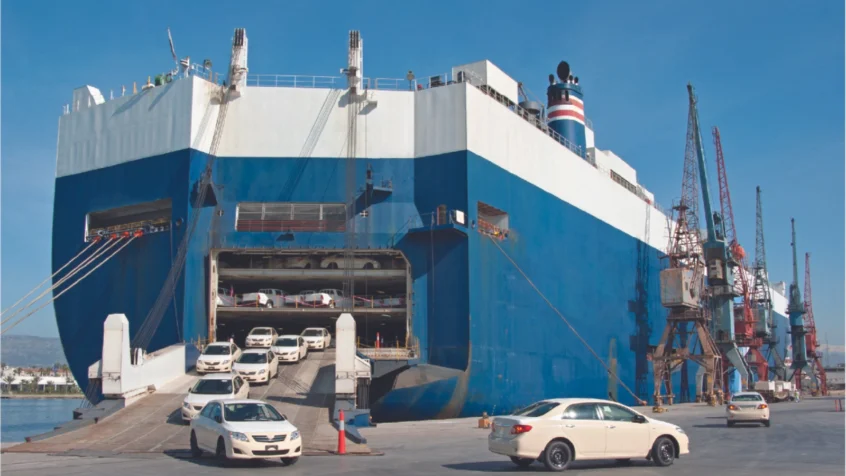After the unfortunate collapse of the Francis Scott Key Bridge in Baltimore on March 26th, the world’s attention has turned to the critical role of the Port of Baltimore in the supply chain industry, especially in sectors like automotive. According to a recent report from the Government of Maryland, in 2023, the Port moved 847,158 cars and light trucks, maintaining its position as the top U.S. port for car and light truck shipments for the 13th consecutive year.
Approximately 75% of the vehicles processed by the port are imported, featuring prominent brands such as Mazda and Mercedes-Benz. Ambrose Conroy, CEO of the consultancy Seraph, mentioned that most leading automakers possess sufficient inventory at U.S. dealerships, making an immediate disruption to supply unlikely.
The Port of Baltimore, ranked as the 17th largest in the United States by total tons in 2021, plays a vital role in the movement of goods such as automobiles, construction machinery, and coal. According to the mentioned report, in 2023, it handled 52.3 million tons of foreign cargo valued at nearly $81 billion, supporting over 15,000 jobs. However, the collapse of the Key Bridge has caused a suspension of vessel traffic, disrupted this key trade lane, and potentially exacerbated already strained supply chains.
Implications for other industries.
Baltimore also holds a significant position in coal exports, ranking second in the country last year. While it may not be a major global supplier of thermal coal, the disruption could be offset by other suppliers, such as Australia or Indonesia.
Additionally, the port serves as a niche hub for high-value soy trades, essential for products like tofu, miso, tempeh, and organic soybeans. Despite the expected disruptions, alternatives exist through other U.S. ports, which may help mitigate the impact on tofu prices and other related products.
In response to the bridge collapse, President Joe Biden has called for a comprehensive federal effort to address the situation, including covering the reconstruction costs. “It’s my intention that the federal government will pay for the entire cost of reconstructing that bridge, and I expect Congress to support my effort,” he stated during a White House media briefing. “This is going to take some time; we’re not leaving until this job is done.”
This incident underscores the complex interdependencies within global supply chains and the critical need for robust and resilient infrastructure to support trade and economic activities. Contrary to earlier concerns, the port itself is not closed, allowing for some degree of operational continuity.

